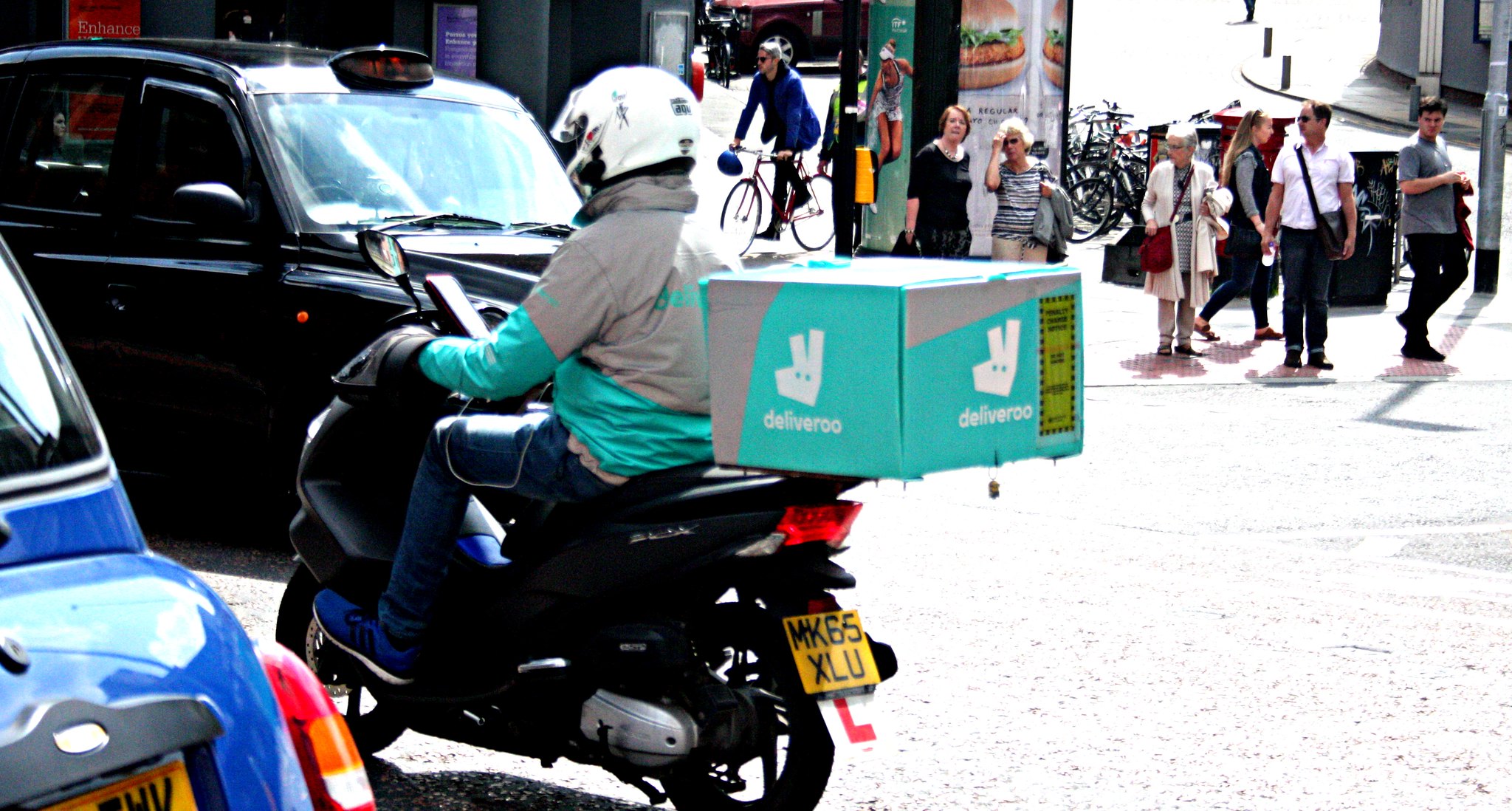Labour’s dramatic defeat in December’s General Election has shredded any checks on Boris Johnson’s Parliamentary power. The defeat has left Labour searching for new ideas that will take them. A ground-up, community-powered approach to build a winning coalition is proving especially popular.
The seats in which labour lost, typically seen as somewhat disconnected from national patterns of growth, have also highlighted the need to look at more communitarian approaches to defend against a punitive central government. These ideas put an increased focus on rebuilding trust with constituents through local strategies that can protect constituents and boost the local economy.
Ideas such as focusing on putting power back in the hands of local people especially in politically disconnected towns. Labour could point to its effective projects at the local level such as Preston council’s highly successful Community Wealth Building and Nottingham’s local publicly owned energy company.
These ideas are spreading with more councils now attempting the Preston Model, with Mayoral leaders and candidates such as Jamie Driscoll and Liam Byrne wanting to adopt it across their Mayoralties. Key to these models is the belief that community and worker, not state, ownership is the key to building a better economy.
To some this is central to building socialism over the long term, to others, it is simply a potential alternative strategy for investment in uncompetitive areas to make their local economies successful again. However, irrespective of the overall aim the focus is the growth of the cooperative economy as a way to fight off the worst effects of austerity by helping improve the economy.
The Preston Model
The Preston Model remains Labour’s flagship model for their approach to municipal socialism and is central to their more ground-up community-based approach. The model works by identifying ‘anchor institutions’ – such as schools and hospitals which lots of money flow through – and getting these institutions to change their suppliers to local co-operatives and small businesses.
Using the model, the northern town has become the “most improved city in the UK” and shown dramatic growth. It is estimated that the Preston model has added £200 million to the city’s economy while significantly reducing unemployment.
This has helped protect the residents against austerity, but its success at promoting co-operatives is more moderate. Preston still has fewer co-operatives per person than many areas in the UK, especially rural areas. If co-operatives were the key measure of its success it is still limited, but the council is working on changing this, by establishing an accelerator program for 10 new local worker cooperatives.
With worker cooperatives being more productive, less likely to go bankrupt and being the only form of enterprise shown to improve trust between workers, they have an innate advantage over conventional corporations meaning local strategies such as this have big potential to improve the economy.
In relation to aiding Labour’s political chances, it has also proved successful. Preston has bucked the trend of electoral collapse during the European elections – of the 21 councils where Labour managed to hold on to 30% or more of the vote, only in one did Labour stand its ground among voters better than in Preston.
Local Government
A more exclusive focus on building the co-operative is being started in Greater Manchester where Metro Mayor Andy Burnham has launched the Greater Manchester co-operative agency. This move may be hoping to emulate the European co-operative capitals which have very regionalised co-operative economies. Neither Spain nor Italy’s economy have huge co-op sectors, though both significantly larger than the UK’s, but in Emilia Romagna in Italy co-operative enterprises generate close to 40% of GDP.
The Basque country is also a hotbed of co-operatives and home to the largest worker cooperative in the world, the 80,000 workers strong Mondragon. Both of these regions are the richest in their nations, somewhat down to their co-op economies. Their strong regional governments, which help nurture and encourage co-operatives, alongside cultural factors are the main reasons for their strong co-operative economies.
One nation where strong regional governments, in a federal nation, undoubtedly powered co-operative growth is Germany and its co-operative banking sector. German co-operative banks make up about two-thirds of all German retail banks, though they have a lower market share of around 18% of loans and deposits and are responsible for around a third of all lending to small and medium-sized businesses. It is generally considered one of the most advanced co-op banking sector networks in the world. The sector is incredibly stable, with not a single case of insolvency or bankruptcy in the last 80 years, and their practices surrounding lending to SMEs is credited to have contributed to Germany’s swift recovery from the Global Financial Crash.
If the UK wants to improve its banking sector it should look to encourage cooperative banks and credit unions rather than attempting to nationalise corporate banks. Both Preston Council and North of Tyne Combined Authority have plans to set up small co-operative owned banks in the future and these can have dramatic positive effects on the local economy. Research from Italy shows that the presence of cooperative banks reduces income inequality, and a Europe wide comparison shows they are beneficial to the success of small and medium-sized businesses.
However, the structure that makes this possible though is still broadly defined at the national scale. Emilia Romagna is helped by a much better legal framework for the establishment and development of co-operatives. The Marcora Law gives workers the right to buy and convert a company should it plan to close, and has been credited to have saved around 14,500 jobs in the country.
The Basevi Law allows cooperatives to assign all of their surpluses to indivisible reserves with no taxes levied, although this has been eroded by right-wing governments and protection from corporate buyouts which is a major problem for them in other Western economies. Though local coops can be developed, they cannot overturn the national legal system which in the UK that remains hostile to co-operatives. Co-operative development agencies of regional government can undoubtedly boost the co-operative economy but Westminster can unshackle these efforts if used in tandem.
Public Ownership
Looking away from co-operatives, councils can still have significant impacts on local economies with more conventional public ownership. Nottingham City Council controls the majority of buses, which I can testify to the excellence of, as well as Robin Hood Energy, the local public-owned energy company. Robin Hood now supplies energy on behalf of 9 councils with over 130,000 customers. The energy they supply is exclusively from wind and solar power as well as supplying tariffs to directly combat fuel poverty with increasingly affordable energy for those most at risk from fuel poverty.
However, at a purely local level, these firms can only play a very limited role in shaping models of production. Though Robin Hood Energy can improve the costs and service quality it cannot influence energy sources like a national company could, a vital weakness with the UK battling against the climate crisis.
The potential solution for this involves more regionally built forms of these companies. The election of Mark Drakeford promised the assembly moving left with promises of a mutually owned public energy company and a new welsh community bank alongside greater public spending.
Wales alongside Mayoral combined authorities could provide larger areas for deeper and more developed forms of public ownership. Mark Drakeford has shown little appetite for such a strategy despite his left-wing credentials but Jamie Driscoll, North East Metro Mayor made community wealth building a core part of his election bid. These shifts in local power offer potential new strategies to emerge between regions.
Conclusion
In these post-industrial regions, co-operatives could be the key to holding key revitalising de-industrialised communities that have felt the brunt of neoliberalism. Evidence shows that co-operatives are more efficient than corporations, and could help solve the country’s productivity problem. Think tanks believe co-operatively owned stores can help save our dying high streets due to their resilience. Co-operatives provide a real economic alternative while handing back control to communities that have felt powerless in an increasingly globalised world.
The problem is that although this offers a solution emphasising growth, and the potential for a more democratic model of ownership to emerge, there can be strong tendencies towards simple local protectionism. Leadership candidates speaking about localism must ensure it’s more than simply a listening exercise and they should be looking forward to their solutions, not into the past.
Similarly, although a lot of the left get excited about these new forms of growth – and should – there is still work to be done. Though cooperatives may offer an additional line of defence they don’t prevent the systematic problems these regions face due to their location within the national economy. These models may help retain money spent in the economy but compared to national investment strategies they will do little to economic realities such as the fact almost half of new jobs in the UK are in the South East and London.
Labour need a new emphasis on local strategies, they can evidently be effective and can help re-energise areas of the country that are short-changed by Westminster but, even if Labour was to take a less statist route towards socialism, Parliament remains the vehicle for change that shouldn’t be forgotten.






Please contact me re our plan for Co-operative Socialism.
There are YouTube videos.
Thanks!